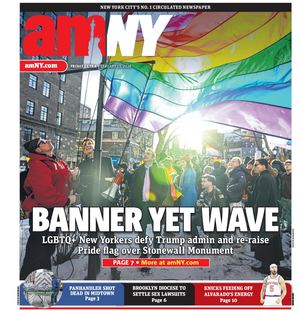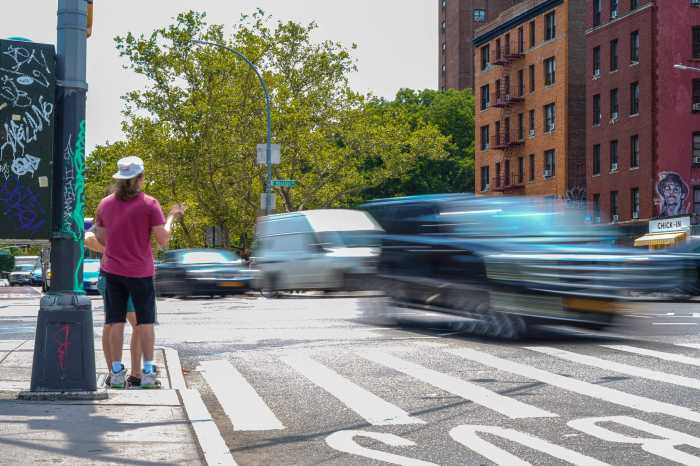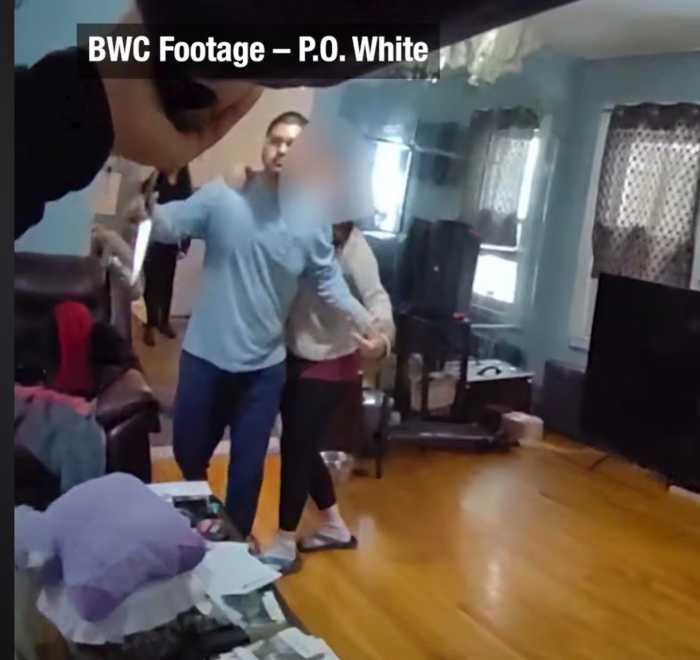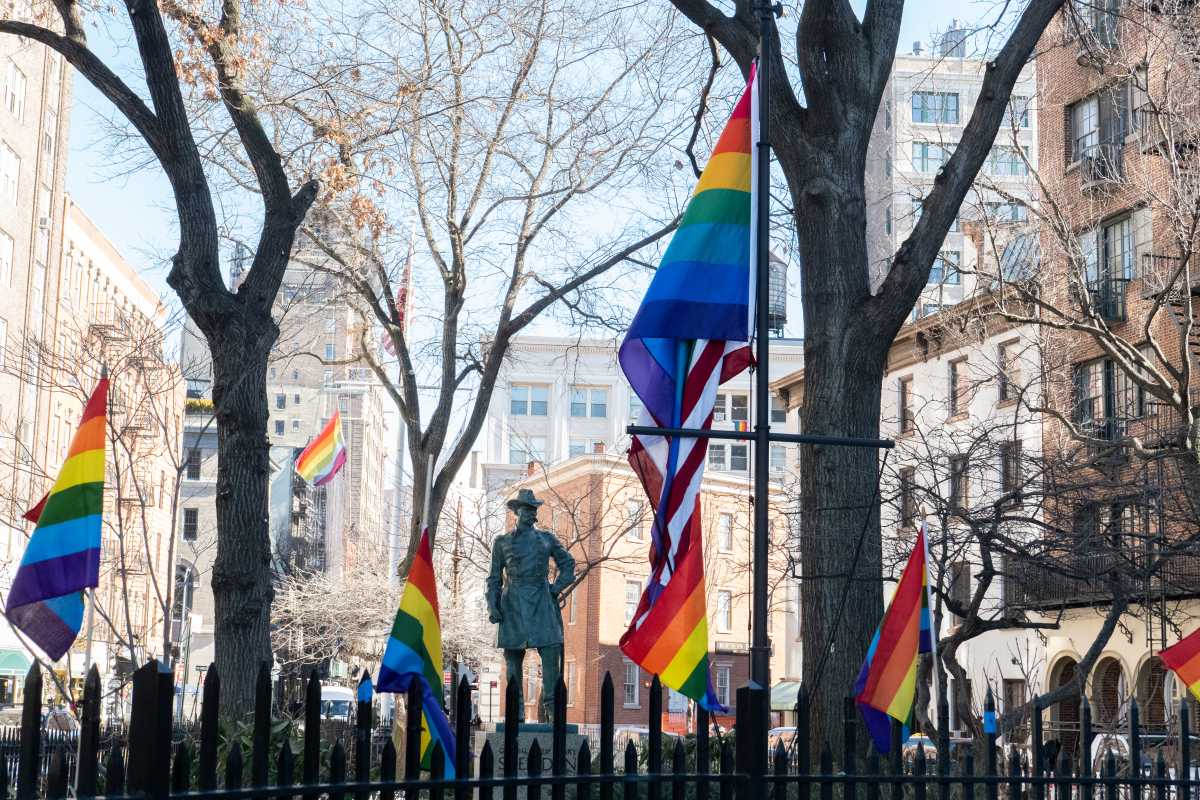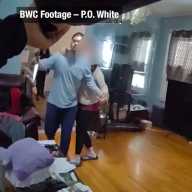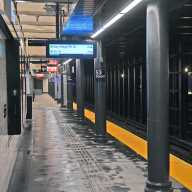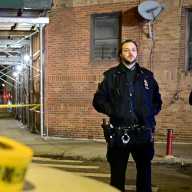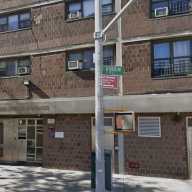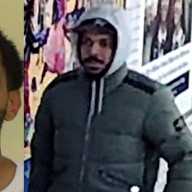The cold is back with a frigid vengeance, and that means some landlords around the city will likely act like the total jerks they are and let their tenants suffer without heat for days on end.
This perennial problem is so pervasive that the city has gotten in the habit of sending reminders to building owners that it’s really not humane to leave tenants without heat, forcing them to keep themselves warm with stoves or space heaters or those ugly Christmas sweaters their moms sent them.
During last year’s “heat season,” which runs Oct. 1 to May 31, the period when landlords are required by law to make sure their buildings are heated to a certain temperature, the city received over 200,000 complaints from residents about heat and hot water problems in their homes. More than 130,000 heat-related inspections were undertaken and over $5 million in emergency repairs made.
So what can you do if the heat goes out in your home? The Department of Housing and Preservation, which enforces heating regulations, has some suggestions.
By law, landlords are required to keep homes at a certain temperature during heat season: At least 68 degrees between 6 a.m. and 10 a.m. if the outside temperature falls below 55 degrees; and 55 degrees between the hours of 10 p.m. and 6 p.m. if the temperature outside is below 40 degrees.
So if you can see your own breath and are keeping your hands warm by wearing gloves and holding a mug of hot chocolate during the day, the landlord is probably in violation.
If you’re experience these or other symptoms of hypothermia because of a lack of heat in the building, HPD first recommends trying to resolve the problem directly with the building owner. But let’s face it — this is New York City, where the population of bad landlords may just outnumber rats.
So the next step is to file a formal complaint with 311 by phone or online at www.nyc.gov/31.
According to HPD, their staff will initially attempt to work with a building owner to resolve the issue, but if the service is not restored, the agency will send an inspector to see what’s going on. Hopefully that will be the end of it.
If the landlord fails to restore the heat, HPD can dip into its emergency fund to pay private contractors to make repairs. The building owner is billed; failure to pay could result in a tax lien on the property.
Scofflaw landlords could also face up to $500 per day in fines for heat and hot water violations.
Citizens can also report heat problems to the nongovernmental site HeatWatchNYC.org.
